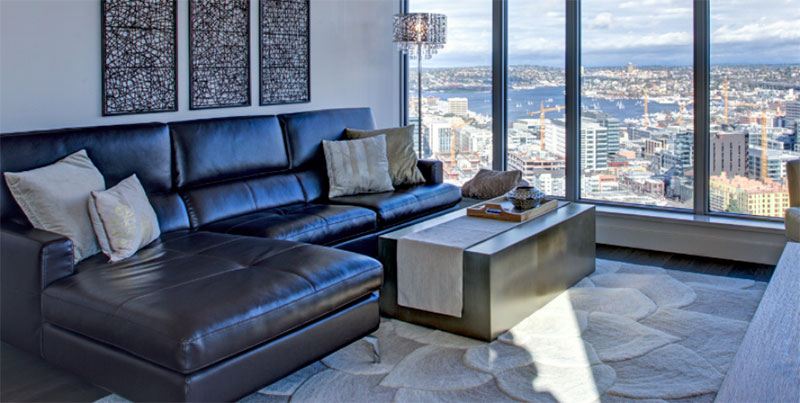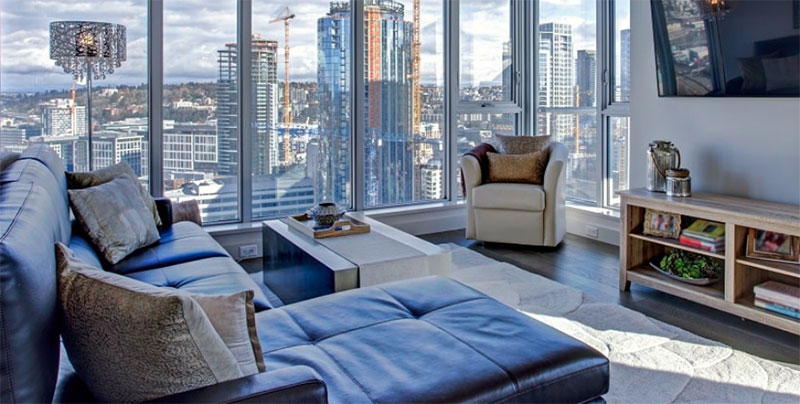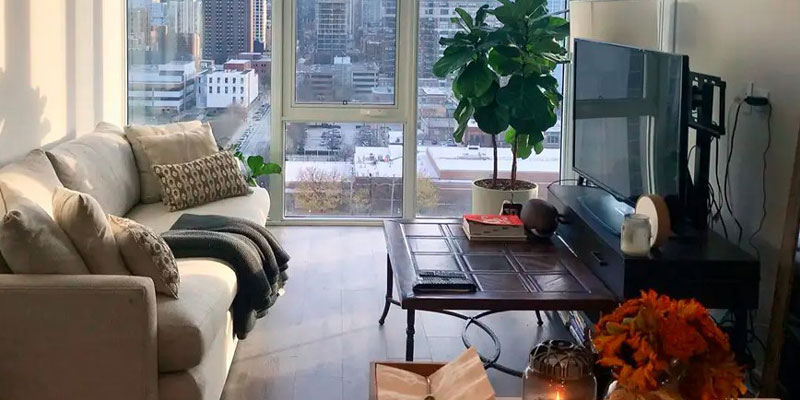Things You Need to Know About Dwelling Coverage
Susan Kelly
Feb 08, 2024
It would be terrible to lose your home to a wildfire and then find out your homeowner's insurance won't cover the expense of rebuilding. In a sad twist, three out of every five Americans may be in that position due to insufficient home insurance coverage. 1 While home insurance protects against many potential dangers, such as theft and vandalism, it does not cover every hazard.
Having sufficient protection for your house is essential. Also, you're on the right track if you're wondering, "How much homeowners insurance do I need?" I'm here to explain everything you need to know to keep your most valuable asset safe. Having adequate home insurance means you can:
Fix up your abode (extended dwelling coverage). Substitute Used Items (personal property) Take responsibility for injuries and damage to your property (liability). Pay for alternative housing if your insured home is destroyed (additional living expenses)
Should I Get Renters Or Homeowners Insurance?
 One of the first things to do is ensure you have adequate home insurance. Mortgage lenders insist that their borrowers have both property and liability insurance. (If you're looking into home insurance because you've just started house hunting, you may find our free Home Buyers Guide helpful. This guide provides in-depth information on what can be a challenging procedure.
One of the first things to do is ensure you have adequate home insurance. Mortgage lenders insist that their borrowers have both property and liability insurance. (If you're looking into home insurance because you've just started house hunting, you may find our free Home Buyers Guide helpful. This guide provides in-depth information on what can be a challenging procedure.
Investing in enough insurance will safeguard your property and finances. House insurance will pay to replace your home if it is destroyed by fire, vandalism, or an unexpected explosion. Dwelling coverage refers to protection for the physical structure of your home and any permanent additions, such as a garage, deck, or front porch.
What is your required sum?
Your home's insurance policy's dwelling coverage must be at least as much as the cost to rebuild your home to its exact specifications. An approach that covers the cost of rebuilding your home is a must.
What Factors Into The Price Tag To Replace Something?
It can be challenging to estimate the cost of replacement. It is your job to receive an accurate estimate; therefore, follow these three guidelines to increase the likelihood of accuracy. To begin, multiply the local building cost per square foot by the square footage of your home. A construction company's website or an independent insurance agency should be able to provide you with this information.
Now, seek a second opinion by using a calculator on the internet. With a free online calculator, you can get a reasonable estimate of the cost of rebuilding your home by using the square footage, construction materials, and several rooms.
As a third step, after you have your estimate, have a professional evaluate it. An experienced independent insurance agent, such as one of our recommended specialists, will be familiar with the area and can assist you in estimating the replacement cost within a reasonable margin of error.
What Factors Influence The Price Of Replacement?

The question is, what factors influence the price of replacement? Once you have an accurate replacement cost, you should revisit it every couple of years to be sure it hasn't changed much. Here are five things to keep an eye on that can impact replacement costs.
You may need to update your home to conform to the latest regulations because they were enacted after your property was constructed.
If a natural calamity destroys your house, you may have to upgrade your budget to include new safety elements required by modern building requirements. Talk to your insurance agent about the possibility of adding building code coverage to your policy, which would ensure that any necessary upgrades to comply with the latest regulations are covered at no additional cost to you.
Updated Cooking Spaces
It's no surprise that upgrading the kitchen can increase the value of a property because the kitchen is the heart of the home. Any upgrades to your house, such as quartz or granite worktops, double tub stainless steel sinks, or resilient flooring, should be reflected in a corresponding increase to your homeowner's insurance policy's coverage limits.
The Addition of New Spaces and Buildings
Perhaps you felt the need to accommodate a growing family by finishing the attic and turning it into additional sleeping quarters. Maybe you built a new storage shed, a hobby room, or a porch with screens. If you add new rooms to your home, you should update your homeowner's insurance policy to reflect the increased value. Absolutely nobody wants it to happen.
Four, the continued increase in the price of construction supplies and labour Bricks, lumber, and stone all increase with time. The effects of a natural disaster can exacerbate this trend by driving up demand and decreasing supply. Construction expenses typically rise with the price of building supplies, worker wages, and other related factors. Known as guaranteed replacement cost coverage, it is offered by some insurance companies. What it means is precisely what it sounds like: they will pay to have your house rebuilt, regardless of how much the cost of doing so has increased over time.







